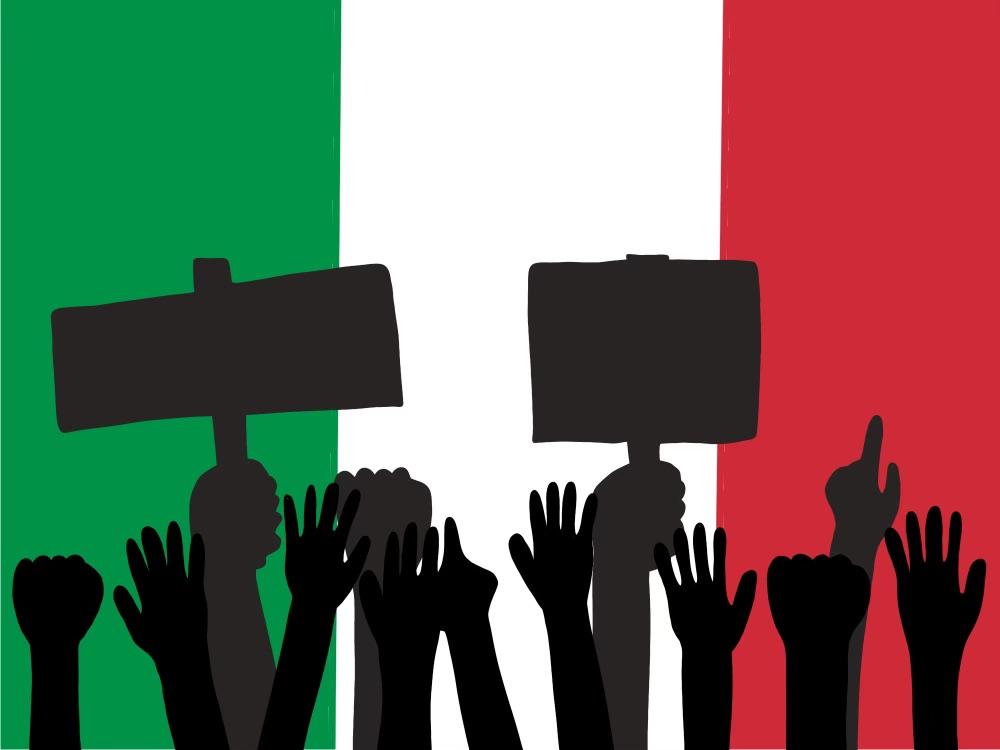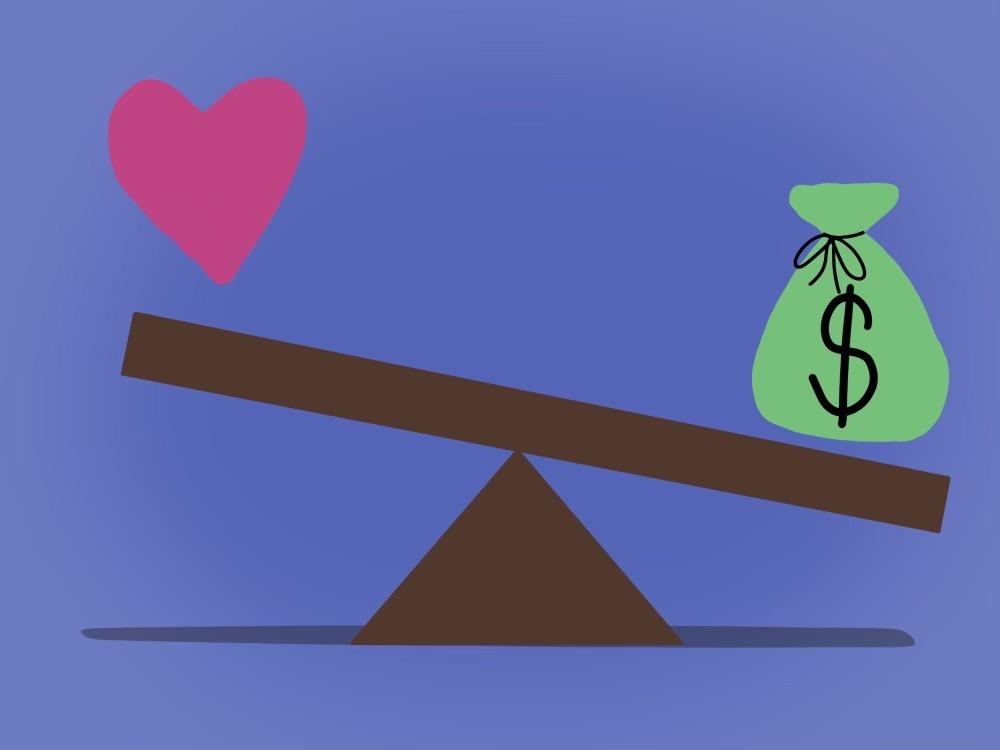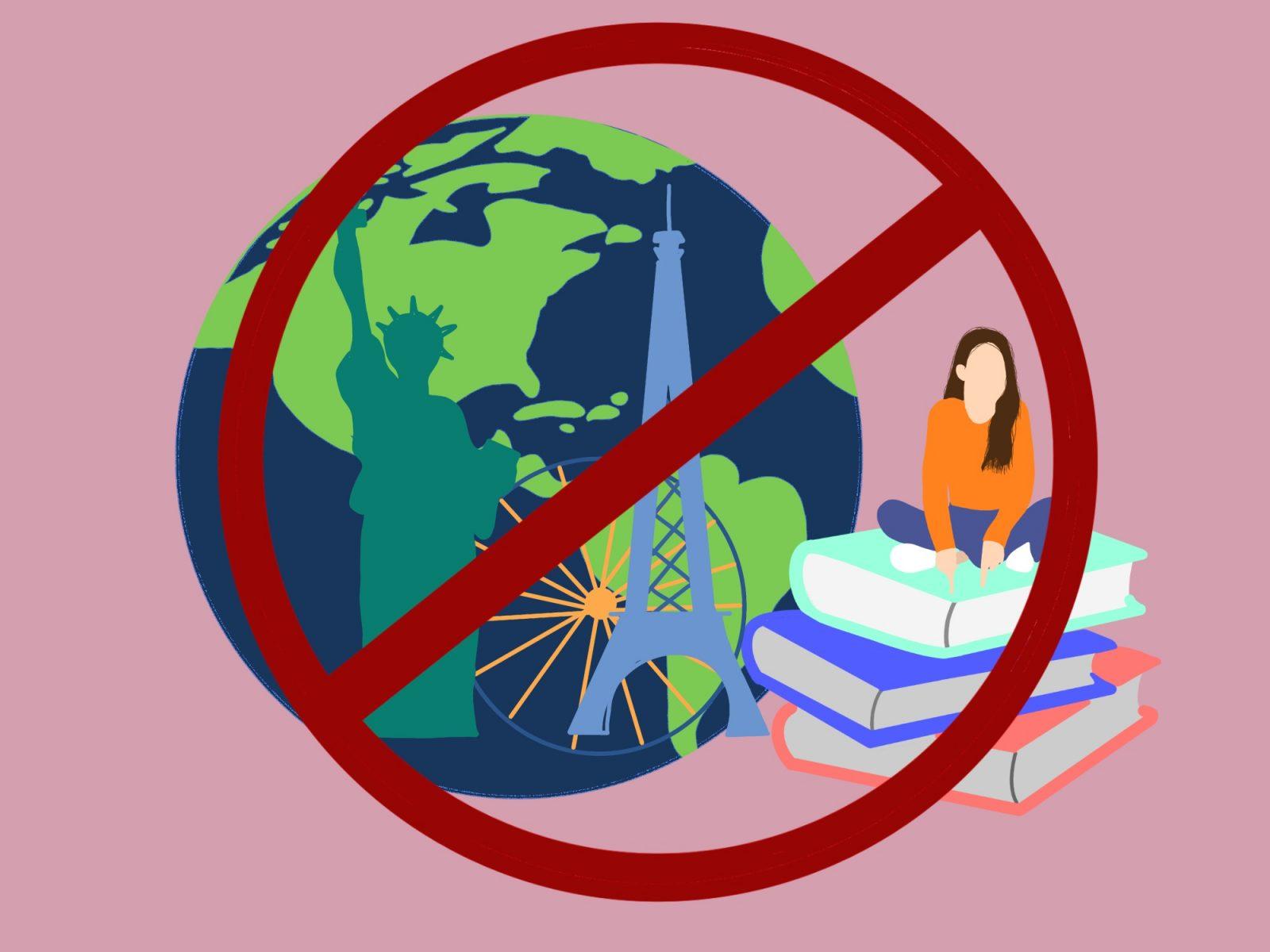When democracy fails, people tend to resort to one of the basic rights guaranteed by most liberal constitutions: the right to protest.
As expected, hundreds of thousands of protesters flooded the streets in all major world cities as soon as Putin ordered the invasion of Ukraine on Feb. 24. Over 100,000 people gathered in Berlin carrying Ukrainian flags and anti-war signs, while similar behavior in Russia caused the detention of almost 6,000 citizens in the first four days after the invasion.
Ukrainian President Volodymyr Zelensky made a public announcement in English to encourage “every free person on the planet” to join the anti-war movement and show support for his attacked country.
As I was scrolling through dozens of stories and posts on social media of people participating in this form of activism, I couldn’t help but wonder whether protests are still useful in the modern era.
There is much debate around this topic, but the more conventional view argues that protests are still effective in most contexts, even though one has to discern their short and long run effects.
In the short-run, protests are either unsuccessful or — in a best case scenario — they raise concern among authorities who are warned about people’s discontent. Nevertheless, the current digitalized world diminishes the credibility of said behavior.
In the past, authorities would be alarmed by large crowds fueled by resentment due to the logistical difficulty of organizing such protests. However, this does not apply anymore. Because of social media, organizing any sort of gathering is very low effort, hence it doesn’t represent a cause for concern for governments.
In the long run, protests can be considered a substantial threat as they confront one of the most important pillars from which power stems: legitimacy. Without this, no authority can remain in power for a prolonged period of time and resorting to a monopoly of violence is only a temporary solution.
The Black Lives Matter movement is often portrayed as a good example of this phenomenon. People are increasingly more convinced of the righteousness of the movement’s cause, which is supported by an overall generational shift. According to a survey by Civiqs, out of a sample of people under 34, 65% support the movement and only 19% are explicitly against it.
Also, protests can be essentially pointless regardless of the issue they’re addressing because they spark hardly any change.
When it comes to the most famous civil rights movements of the past few years — such as feminism and anti-racism — there is a great disproportion between the amount of people as well as funds that are involved and their tangible impact, or lack thereof. Indeed, the main issue is that most protests are never followed by any sort of political organizing that could actually dismantle the status quo.
The collapse of the Soviet Union provides an example of this. The popular belief that demonstrations on many Eastern European streets played a key role in weakening the Kremlin is false. The government crumbled down from within after a series of decisions made by Mikhail Gorbachev.
Although I do find myself agreeing more with the cynical side that doubts the benefits of protests, I believe that one should also differentiate between the specific context that sparks activism in the first place.

Protests that aim to foster social change — such as the BLM movement — are reasonable and oftentimes have a positive impact. This is because they address issues that are so deep rooted in society that could easily pass unnoticed if awareness wasn’t widespread. The fact that on June 6, 2020 — in response to George Floyd’s murder — half a million people turned out all across the country shows the vital relevance of this movement for such a significant part of the population.
On the other hand, protesting against a war that began after one man’s decision seems absolutely pointless to me. I agree that it’s everyone’s right to inform themselves about the current crisis in Ukraine because such an inhuman breach affects the entire globe, but occupying the streets and asking for the war to end will not persuade Putin of his wrongdoing.
If Putin didn’t factor in the international response to his actions, he surely wouldn’t care to read the hundreds of slogans people are using against him in other areas of the world.
These current protests, although impressive in terms of numbers, have obviously achieved nothing since the war in Ukraine rages on. For the most part they seem like an opportunity that individuals take to feel better about themselves by dedicating a couple of hours to marching in a crowd.
Protests are undeniably an essential part of democracy, and we must cherish them as a valuable means to express our dissatisfaction with the status quo. However, in some cases, it really would be more effective to educate ourselves and collaborate to create change on a systemic level rather than craft witty slogans with words that won’t be followed by actions.




























































































































